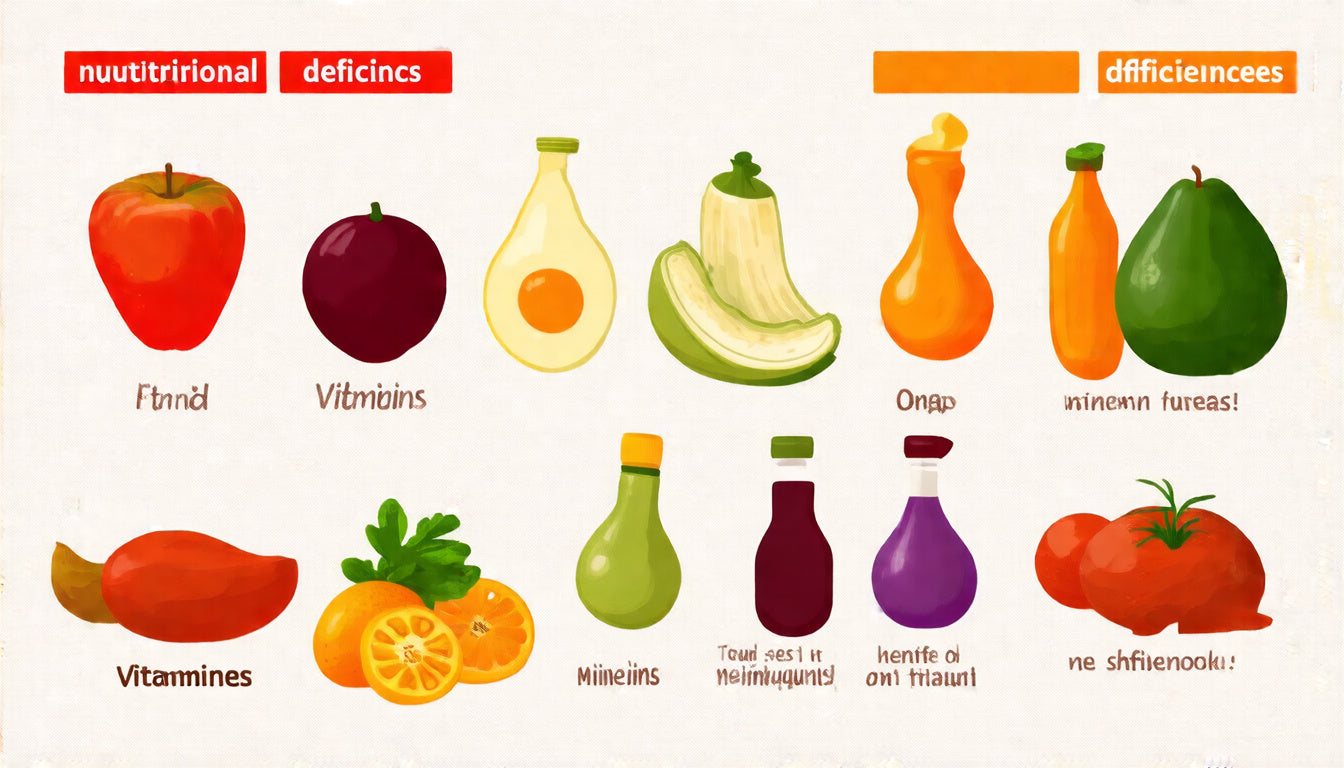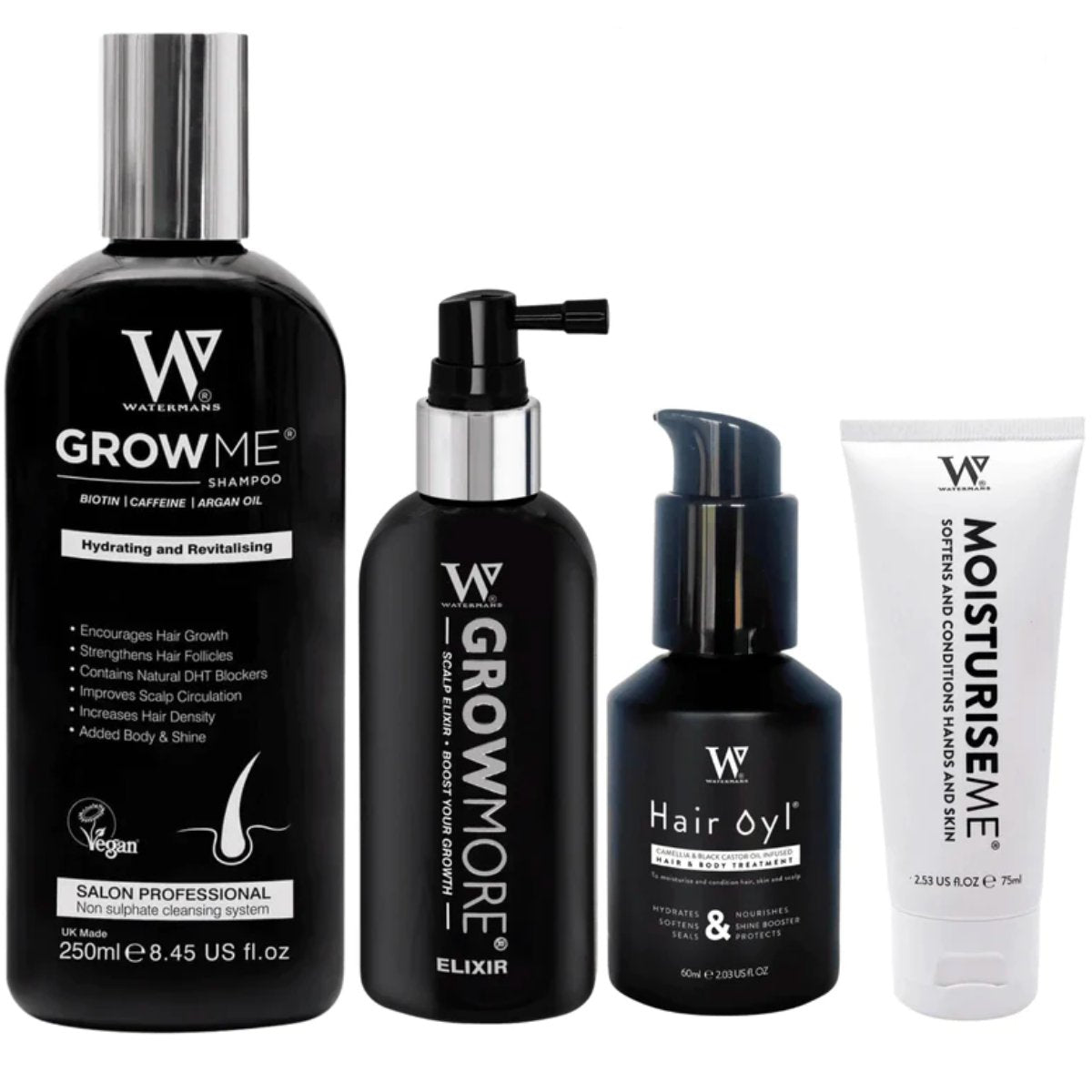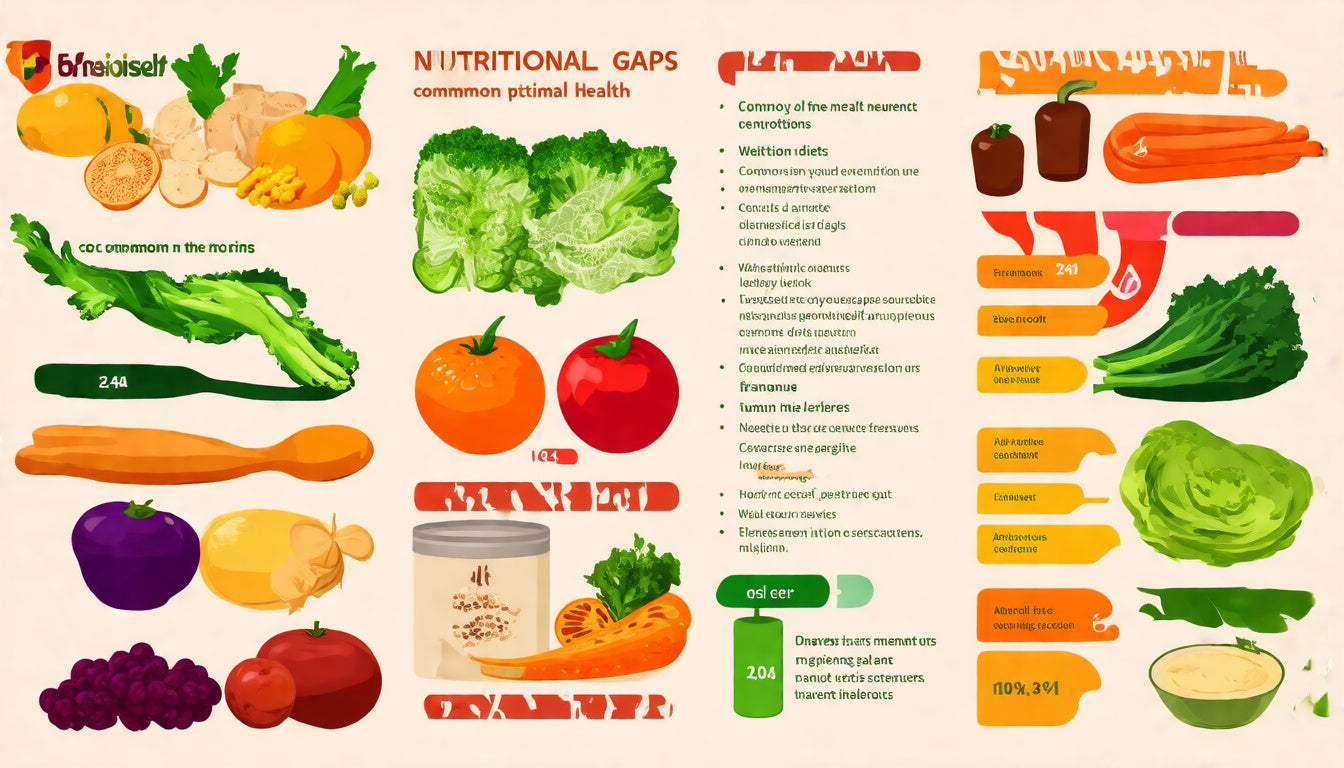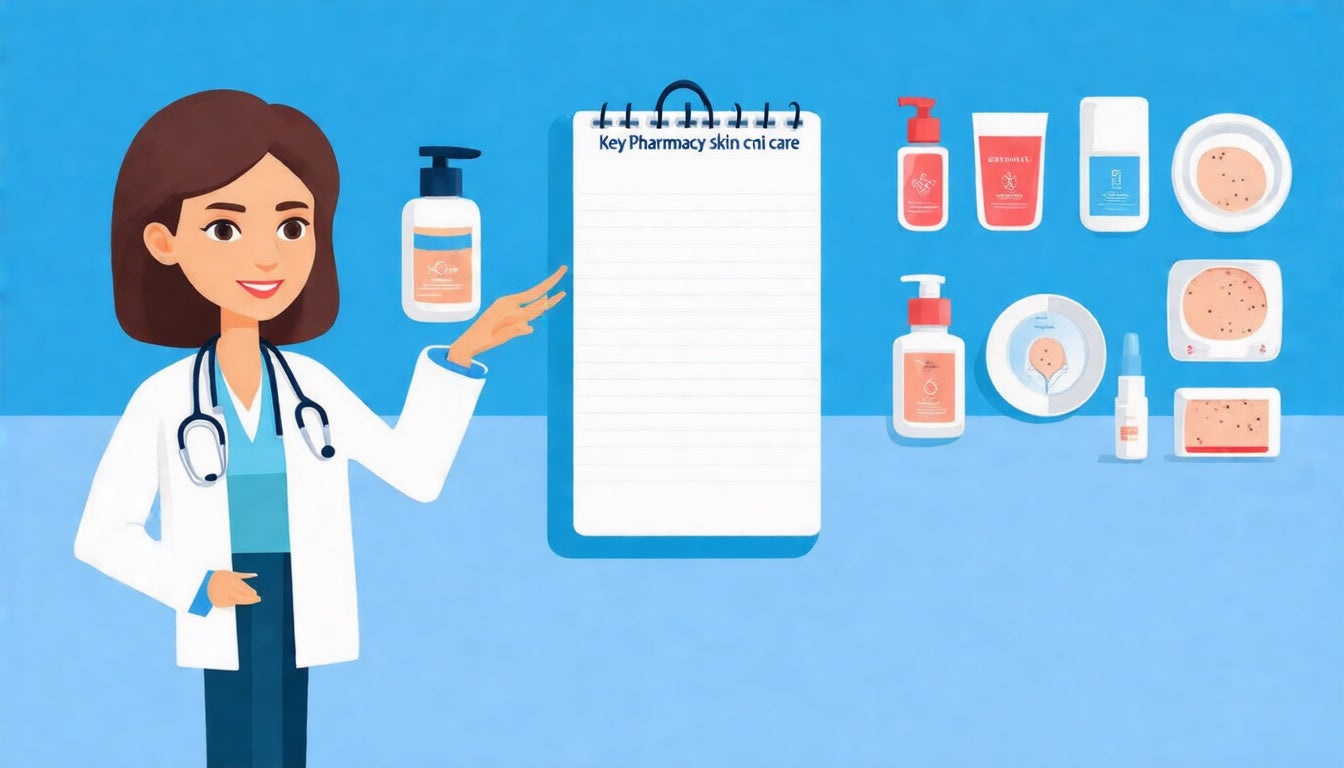
Uncovering Nutritional Deficiencies: What Your Diet Might Be Lacking and How to Fix It
Proper nutrition plays a vital role in maintaining overall health, including the condition of your skin and hair. Sometimes, even when you think you are eating well, subtle nutritional deficiencies can manifest as symptoms like pale skin, hair loss, dry skin, or easy bruising. Understanding these signs can help you identify what nutrients your body might be lacking and take steps to correct it.
Common Nutritional Deficiencies and Their Symptoms
1. Iron Deficiency: Pale Skin and Hair Thinning
Iron is essential for producing hemoglobin, which carries oxygen in the blood. An iron deficiency can lead to symptoms like pale skin, hair loss, and hair thinning. This occurs because insufficient iron reduces oxygen supply to hair follicles and skin cells, weakening them over time.
How to fix it:
Incorporate iron-rich foods such as red meat, spinach, lentils, and fortified cereals into your diet. Pair these with vitamin C-rich foods like citrus fruits to enhance iron absorption.
2. Zinc Deficiency: Dry, Rough Skin
Zinc plays a significant role in skin repair and immune function. Low zinc levels can cause dry, rough skin and slow wound healing.
How to fix it:
Consume zinc-rich foods including meat, shellfish, nuts, and legumes to restore healthy skin texture.
3. Vitamin B12 Deficiency: Hair Loss and Fatigue
Vitamin B12 is crucial for red blood cell formation and neurological function. A deficiency may cause hair thinning, hair loss, and even fatigue. Those following vegetarian or vegan diets are at higher risk, as B12 is primarily found in animal products.
How to fix it:
Include eggs, dairy, fish, and fortified cereals in your diet or consider supplementation after consulting a healthcare professional.
4. Vitamin D Deficiency: Hair Loss and Weak Immunity
Vitamin D helps regulate hair follicle cycling. Insufficient vitamin D can result in hair thinning and increased infections. Sun exposure and dietary sources are vital to maintain adequate levels.
How to fix it:
Try to get moderate sun exposure, eat fatty fish like salmon, fortified dairy products, or take supplements if needed.
5. Protein Deficiency: Weak Hair and Skin
Protein is critical for the structure and strength of hair and skin cells. Inadequate protein intake may cause hair thinning and fragile skin.
How to fix it:
Consume sufficient amounts of protein from sources like lean meats, dairy, eggs, beans, and nuts.
6. Vitamin A Deficiency: Dry Skin and Vision Problems
Vitamin A supports skin cell production and repair. Deficiency can lead to dry, flaky skin and in severe cases, vision issues.
How to fix it:
Incorporate foods like carrots, sweet potatoes, spinach, and liver into your meals.
7. Vitamin C and K Deficiency: Easy Bruising and Slow Healing
Vitamin C is important for collagen synthesis, essential for skin elasticity and wound healing. Vitamin K helps blood clotting. Deficiency in these vitamins can cause easy bruising and delayed healing.
How to fix it:
Increase your intake of citrus fruits, berries, leafy greens, and broccoli to improve vitamin C and K status.
Taking Action: Balancing Your Diet for Healthy Hair and Skin
Recognizing signs of nutritional deficiencies early can prevent further health issues. A balanced diet rich in essential vitamins and minerals supports hair growth, maintains skin integrity, and boosts overall well-being. If you are experiencing symptoms such as excessive hair loss or dry skin that does not improve with diet alone, consult a healthcare provider to evaluate for potential deficiencies.
For those looking to support hair health alongside nutrition, products formulated to nourish hair can be beneficial. Explore Watermans hair products designed to address hair loss and thinning naturally.
Summary Table of Nutritional Deficiencies and Symptoms
| Deficiency | Symptoms | Key Food Sources |
|---|---|---|
| Iron | Pale skin, hair loss/thinning | Red meat, spinach, lentils, fortified cereals |
| Zinc | Dry, rough skin | Meat, shellfish, nuts, legumes |
| Vitamin B12 | Hair loss, fatigue | Eggs, dairy, fish, fortified cereals |
| Vitamin D | Hair loss, weak immunity | Sunlight, fatty fish, fortified dairy |
| Protein | Weak hair and skin | Lean meats, dairy, beans, nuts |
| Vitamin A | Dry skin, vision problems | Carrots, sweet potatoes, spinach |
| Vitamin C & Vitamin K | Easy bruising, slow healing | Citrus fruits, berries, leafy greens, broccoli |
Addressing nutritional gaps through diet and supplements can significantly improve skin and hair health. Stay attentive to your body's signals and nourish it well for a healthier, radiant appearance.













